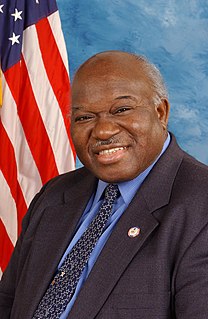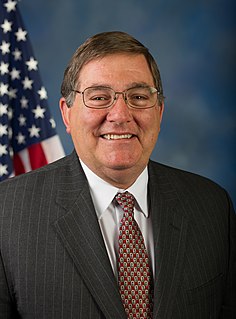A Quote by Jesse Ventura
Disabled people need more invested in their education, housing, job training, transportation, assistive technology, and independent-living facilities. Governments earn back this investment - and more - by making people with disabilities economically productive citizens.
Related Quotes
At the moment I would like to emphasize the need for vocational training, for non-formal education in Burma to help all those young people who have suffered from a bad education. They have to be trained to earn their living. They have to have enough education vocational training to be able to set up respectable lives for themselves.
A lot of society tries to put people with disabilities into one cube, and when you think about it, many, many people have different types of disabilities, and you cannot put a code that applies to towards everyone - generally, they can be guidelines, but in the long run, interior designers and architects need more education on the subject.
In the industrial world we have the problem of having more productive capacity than we know what to do with. That's at the root of the unemployment crisis: we've got so productive at making things, we don't require people to be involved in making the basics of life any more. Or nearly as many people.
A lot of society tries to put people with disabilities into one cube, and when you think about it, many, many people have different types of disabilities, and you cannot put a code that applies towards everyone - generally, they can be guidelines, but in the long run, interior designers and architects need more education on the subject. That's what's missing.
Already, new forms of short-term and long-term rental housing are popping up in some metro areas. You can take on a house or apartment for a few months or even a year or two in developments that are striving to provide critical elements of community - schools, healthcare, social and cultural institutions - even for people who are living there only temporarily. People invested in a home, mortgage, or community are less likely to move to more economically vibrant locales. That kind of entrenchment is going to be an impediment to the coming spatial fix.
The growing complexity of science, technology, and organization does not imply either a growing knowledge or a growing need for knowledge in the general population. On the contrary, the increasingly complex processes tend to lead to increasingly simple and easily understood products. The genius of mass production is precisely in its making more products more accessible, both economically and intellectually to more people.
Communities do need police, but law enforcement needs to be much more transparent and held accountable for their actions. We also need increased resources for mental health services, affordable housing, education, jobs training, and much more to truly address social and economic issues in our communities.
































